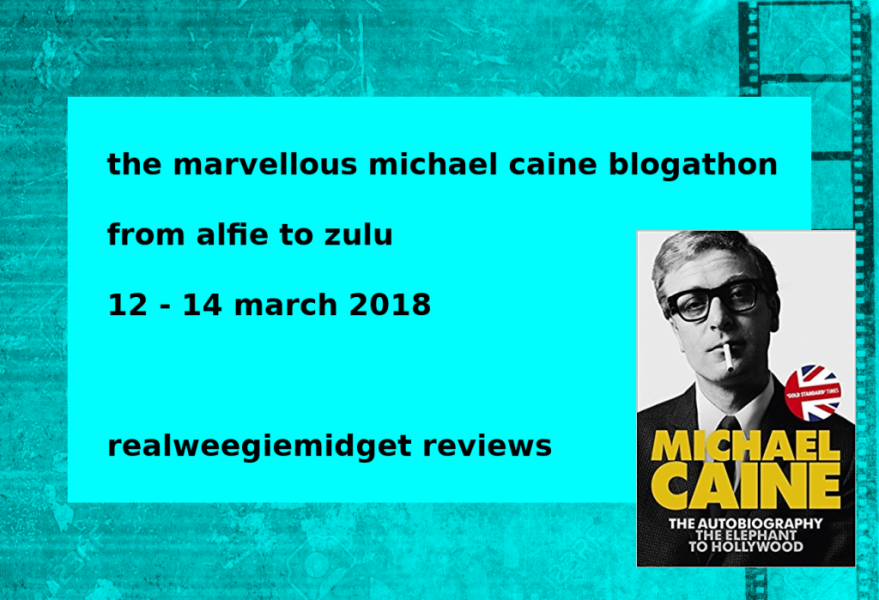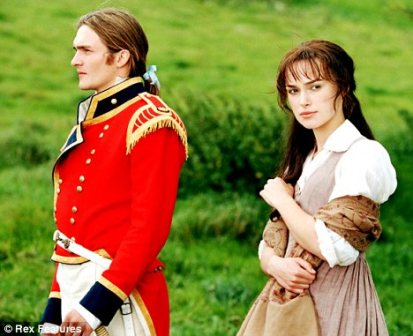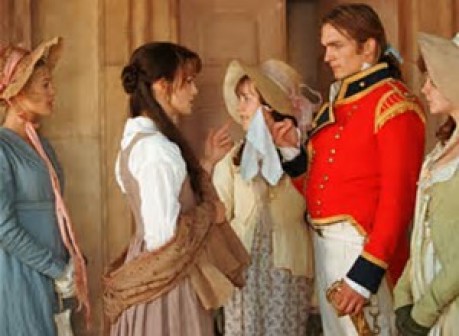Happy 85th Birthday to Sir Michael Caine! Cheers and a heart warming wish for a wonderful celebration. Two time Oscar winner, Sir Michael Caine has an amazing acting career with 167 movie credits, to date. He, Lawrence Olivier, and Jack Nicholson are the only actors to be nominated for an Oscar in five different decades. That is an impressive longevity in Hollywood. So, when the opportunity arrived to write a blog post about him, I couldn’t wait. There was only one problem, which film?
At first, I decided to write a review on one of my favorite Caine films, Gambit (1966) with Shirley MacLaine and Herbert Lom. Then, I planned to compare it with its reboot made in 2012 with Colin Firth, Cameron Diaz, and Alan Rickman. I changed my mind and decided to compare another Caine movie, Alfie, with its reboot. It offered Jude Law as the curious Alfie in 2004. Unfortunately, for Jude Law, Caine’s 1966 Alfie was much more convincing, sympathetic, and likeable. Actually, it didn’t matter which movies I compared to the original Caine movies. It always had the same result. Caine’s movies are better.
So, I changed my mind yet again. I decided on writing a post on one of his darker characters. This character reminds me of someone or someone’s I have had the displeasure of meeting in my life. Caine’s portrayal of the mean, despicable music promoter and talent agent, Ray Says. Caine’s portrayal is so believable that I hated the movie the first time I watched it. Then, I realized how brilliant his performance was in this film. He went places with that character that was just shocking. Now, I love watching this bittersweet comedy/musical: Little Voice (1998), even if I still flinch at Ray Says singing, It’s Over.
Before I begin, I want to give many thanks to Gill from Realweegiemidget Reviews for Hosting The Marvellous Michael Caine Blogathon: From Alfie to Zulu. I must say that Marvellous is a near perfect adjective to describe Sir Caine. To read more articles about this marvellous actor, please use the link below…
https://weegiemidget.wordpress.com/2018/03/12/welcome-to-day-1-of-the-michael-caine-blogathon/

A Bit of Caine’s life and Cockney Accent
To understand my fascination with Michael Caine movies, it is important to understand his voice. If a Caine movie is on, I don’t need be in the room to know it. As long as I can hear Caine speaking, I will know it’s him. Especially, if he is allowing more of his natural dialect, Cockney, to shine through. Cockney is a London dialect from the “rough” Southeast end of the city. In the old British class system, if you spoke with a cockney accent, you would immediately be labeled as part of the “working class.” As part of the working (lower) class, you might also be stereotyped as a funny but not too bright, uneducated, and unclean, poor person. I always think of English actor Charlie Chaplin’s lovable character: The Little Tramp when I think about this stereotype. It is no wonder that Chaplin’s characterization reminds me of this; since, he and Caine grew up in the same poor area of London. The area is known as the Elephant and Castle.
Although there is a certain amount of charm in Chaplin’s Tramp; Caine understood, in reality, that this insulting stereotype influenced people to keep them from a better life. His accent and dialect became a badge of honor for him. He would keep it his whole life. His Cockney hero growing up was his father. During WWII, he went off to fight the Germans for four years. During the war, the section of London that Hitler heavily bombed was Caine’s neighbor.
As a child, Caine watched movies that helped him escape the suffering for a while; however, there were no Cockney heroes in the movies, just the opposite. They were usually portrayed as the criminal, drunk or idiotic comedy relief. Caine wants to be a Cockney hero for people still living there and struggling. He wants them to say: If he did it, so can I. He never forgot where he came from nor does he ever want too.
Summary of Little Voice (1998)
Little Voice is based on a successful play written by Jim Cartwright ( The Rise and Fall of Little Voice). It stars: Jane Horrocks, Brenda Blethyn, Ewan McGregor, Jim Broadbent, Annette Badland, and Phillip Jackson.
The story is rather simple. LV (Little Voice) (Jane Horrocks) is a crippling shy and fearful young woman who lives with her overbearing, narcissistic mother, who never shuts up. Their relationship is based on resentment and jealousy. The father was a barely surviving record shop owner who died years before. The only thing he left for his wife was a run down shop with a livable attached home. His favourite records became LV’s most cherished possessions. When she plays records by Marilyn Monroe, Judy Garland, Shirley Bassey, Billie Holiday, or Ethel Merman, she escapes to a fantasy world where she is singing, in their voice, these special songs for her father. She desperately wants to please him; so, she can see him smile and be happy. Which is something he didn’t experience much of while he was alive.
Her insensitive, and vulgar mother played perfectly by Brenda Blethyn (won an Oscar for Best Supporting Actress for this role) thinks LV is a kooky, weird and a total waste of time nut. I doubt there is a nurturing bone in this mother’s body. LV is soft-spoken; but, around her mother she chooses to hardly speak at all. Probably, she can’t get a word in edgewise. Oddly enough, the mother’s best friend is a neighbor across the street who is mute, Sadie, (Annette Badland). These two friends is hilarious.
Mari (Mum) likes to hang out at the local nightclub owned by Mr Boo (Jim Broadbent). She likes to drink to excess and flirt around for a bit of fun and to feel desired by men. Here, she meets Ray Says (Michael Caine). To give you a taste of Mari’s exuberance and quirky ways, watch this funny clip of her telling Sadie how great it was to meet Ray Says in an open room cafe.
If Mari’s accent is too much, just play it over few times. Her meaning will come through. I love the way she refers to her derriere as her golden, old arse. The whole clip makes me laugh. Annette Badland is just brilliant with her facial expressions. I assume Sadie is still a virgin.
Ray Says is a talent agent with no clients. He is a one hit wonder with a song he recorded thirty years ago, It’s Over. His fifteen minutes of fame expired years ago. Yet, he continued to squeeze every drop of life and passion out of it for years. He is a man afraid of change and refuses to let go of the past. He has met some good friends along the way; but, most have fallen to the wayside. Mr Boo is probably he most loyal friend. He loans him money to pay his debtors and gambling debts. Says is a desperate man at the end of his career rope. He keeps his 1960 Chevy, cherry red, Impala convertible as a status symbol of who he was.
In the meantime, electrical things keep shorting out at the record store/home. Even the phone. So, workers come to the house to replace the phone. One of the workers is young Billie (Ewan McGregor). He is intrigued by LV’s shyness because he too suffers fit. Billie finds a unique way of getting to know LV. He will eventually befriend her; and, they will share bits and pieces about each other’ s life.
Billie tells LV how much he enjoys taking care of homing pigeons and is worried about “Dwayne” who has not returned from France. LV tells Billie she never goes out of the house. It a start for the two of them.
On the Second night of Ray and Mari’s date, Mr Boo wants Ray to hear the angelic voice coming from LV’s window. Ray believes LV is his ticket back to success and fame. LV doesn’t sing for anyone but her Father. Watch how sleazy Ray convinces LV to do it for her father in front of an audience to make him proud.
When LV tells Billie, he knows right away that LV is being taken advantage of and he tries to make sure that Ray and her MUM is stopped. So, LV promises Billie it is for only one time. So, she performs and is a great success at Mr Boo’s Nightclub. The following day, Ray begs, borrows, gambles, pawns and steals to enough money to redecorate the nightclub and produce an expensive show, tailored around LV’s songs. He even invites “real” talent agents and music CEOs to watch LV perform. He can almost smell the ink on the contracts.
However, LV only promised one show. Why would a misogynist like Ray Says believe what a woman says? When Mari fails to get LV ready for the big night, Ray horrendously lashes out at her MUM.
Again, I don’t want to spoil the whole movie. However, I did mention before how Ray Says meanness near the end almost spoiled the movie for me. Well, I was not the only one with that problem. Here is a quote from highly respected movie critic, Roger Ebert concerning this meanness: One problem is that the Michael Caine character, sympathetic and funny in the opening and middle scenes, turns mean at the end for no good reason.
This is one of the few times I have to disagree with Roger Ebert. Ray Says has every reason to turn mean. First of all, he too is a narcissist, like Mari. Unlike Mari, he can use the charm to get what he wants. He is not a NICE guy. He uses everyone. When he realizes his dream is dead and the mafia is ready to take him to his maker….He breaks down and screams that blasted song, It’s Over. It’s almost like a Greek tragedy for Ray’s bitter end.
Of course, there is so much more to this really funny movie. The most spectacular, besides the acting, is Jane Horrocks singing impressions. She is beyond good. I couldn’t believe she sang those songs. She was near perfection. I erroneously thought she lip synched those songs. Let’s just say, the movie must be pretty good; since, I laughed through nearly all of it.
Little Voice was more than a good movie for me. It also allowed me to see that even an unlikable character is important to move the plot of the story along. I finally understood Michael Caine when he described the difference between a movie star and a movie actor. When this movie first started, I saw Michael Caine the movie star. However, near the end, I saw Michael Caine the movie actor. He admits in an interview that Ray Says is nothing like himself. To him, Ray is so evil, he’s funny. If you have not seen this movie, I think it would be worth your time. Here’s just a sample of Horrock’s LV performance.
REFERENCE LINKS:
http://www.imdb.com/name/nm0000323/bio
http://www.michaelcaine.com/Biography



































